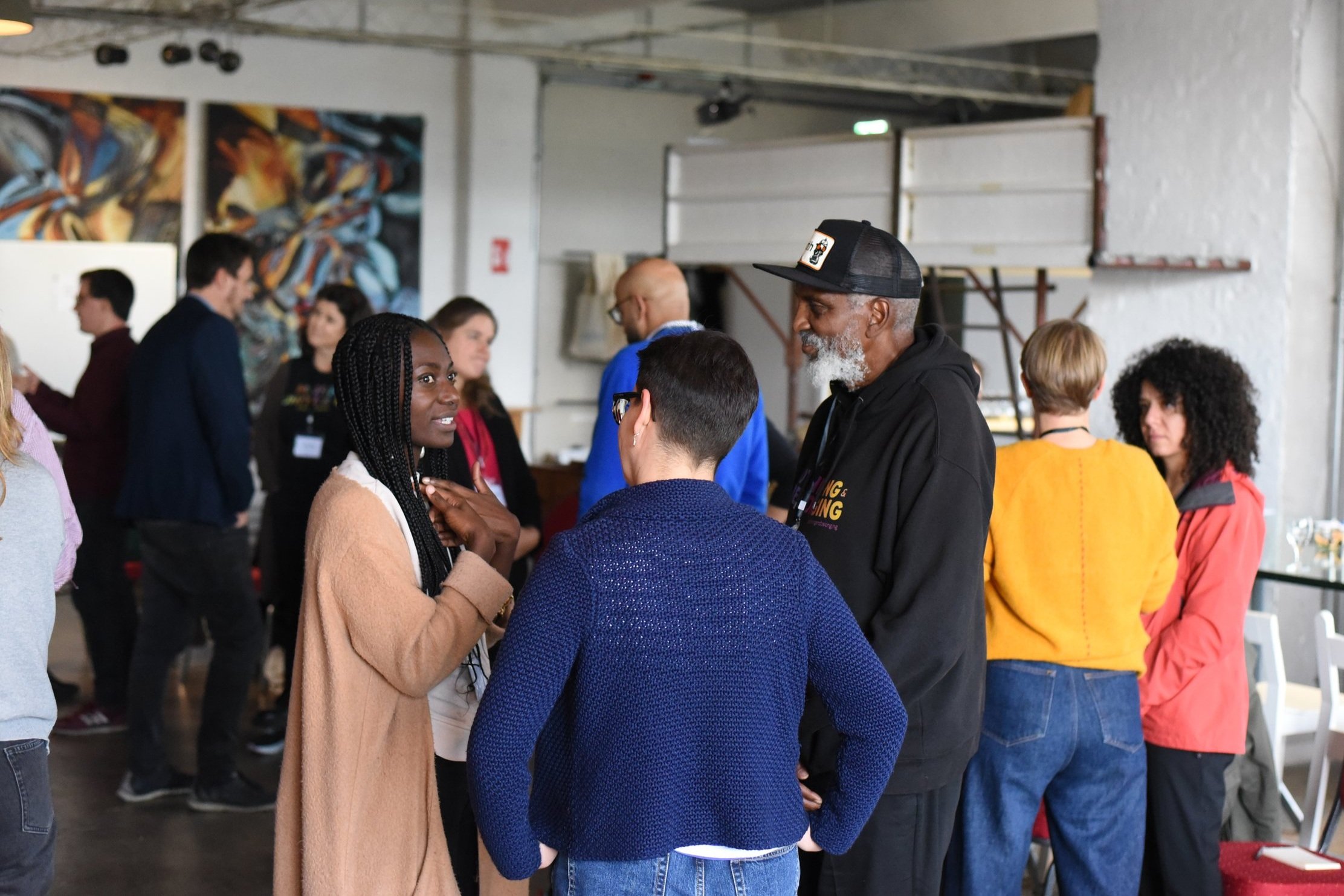


The Democracy & Belonging Forum is excited to launch its second year of the Network Catalyzers Program in 2026. This program helps our members build virtual, in-person, or hybrid communities that look at regional challenges and opportunities in four areas: othering, belonging, bridging across differences, and democracy. These communities are entirely member-run, but are in part resourced, promoted, and supported by the Forum.